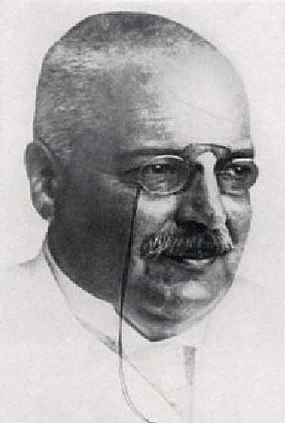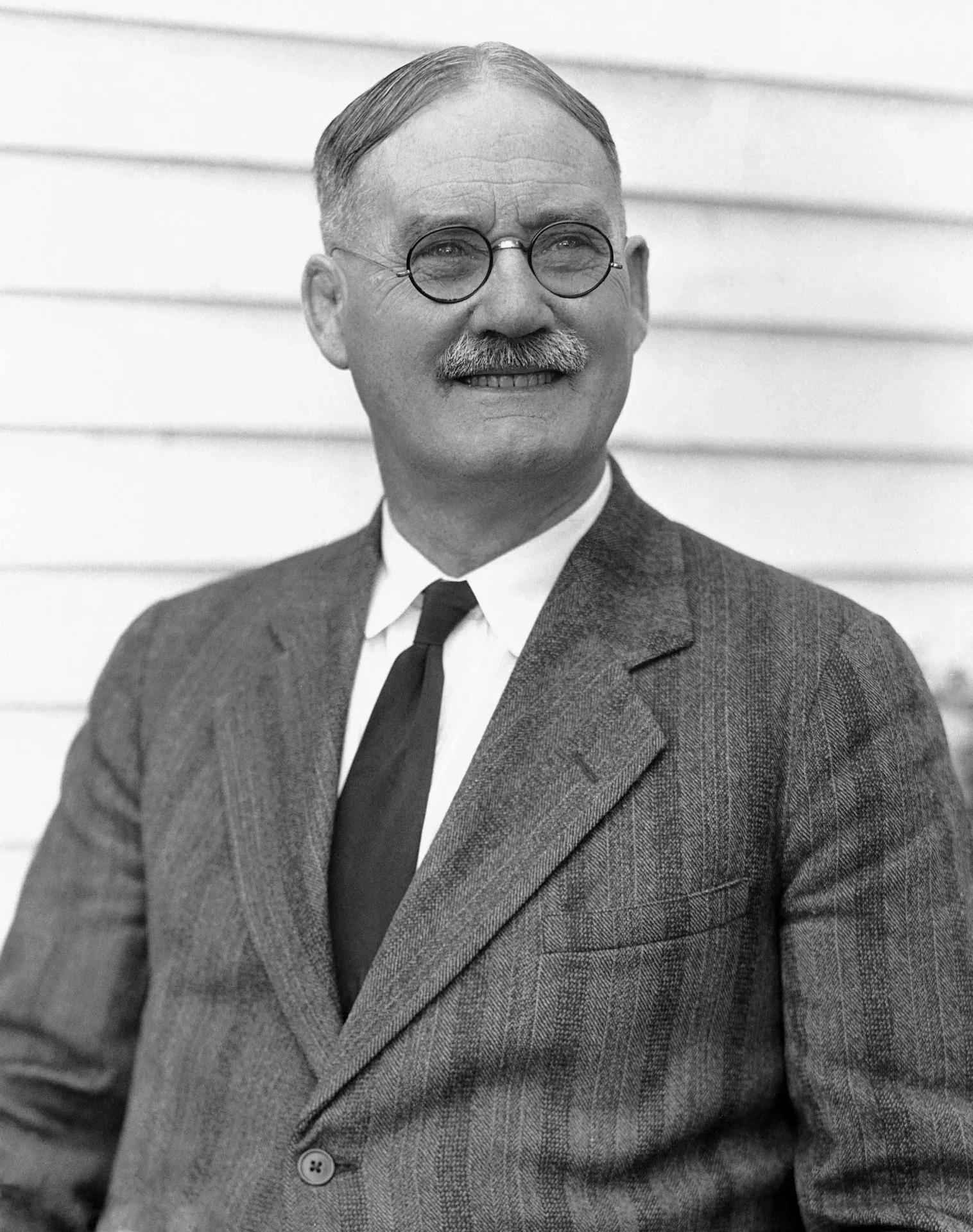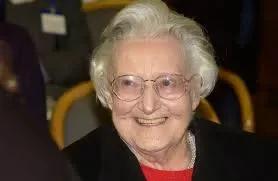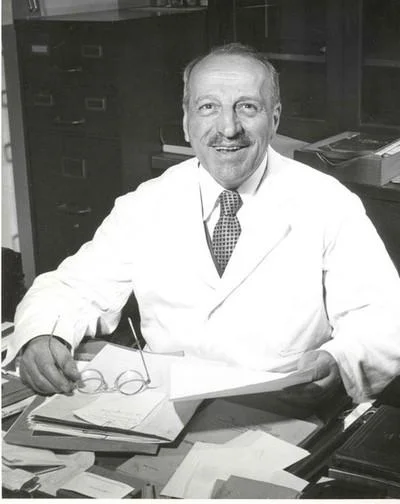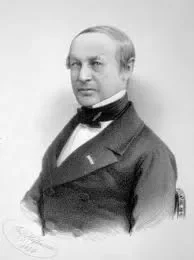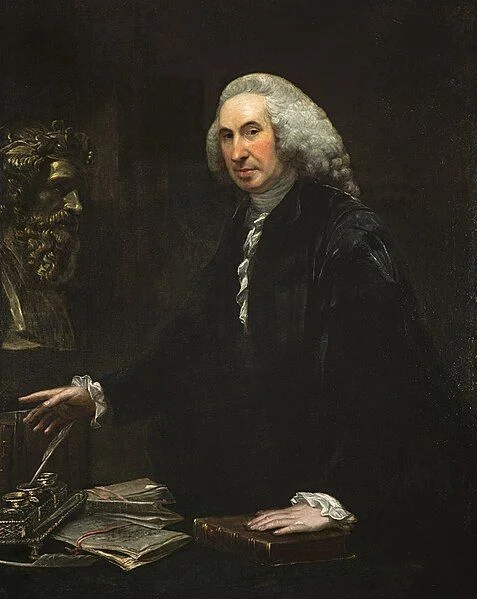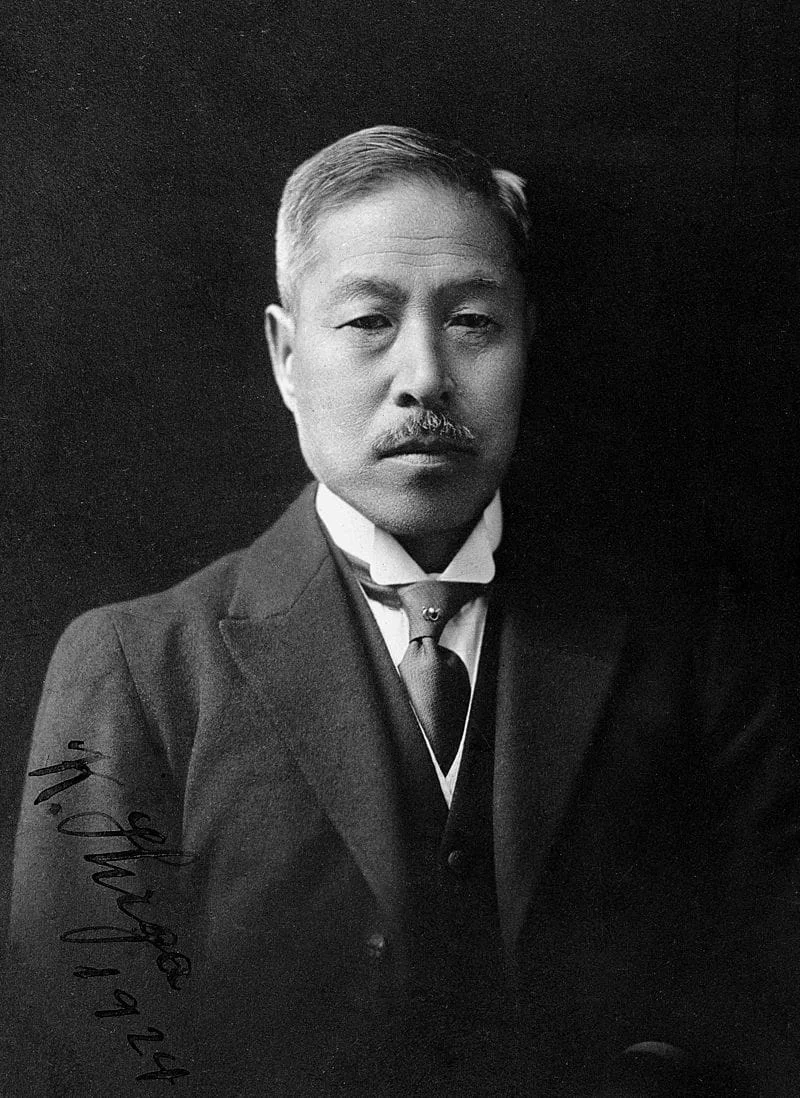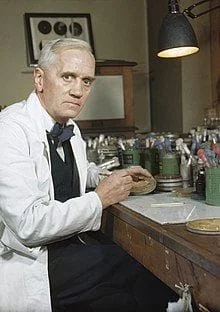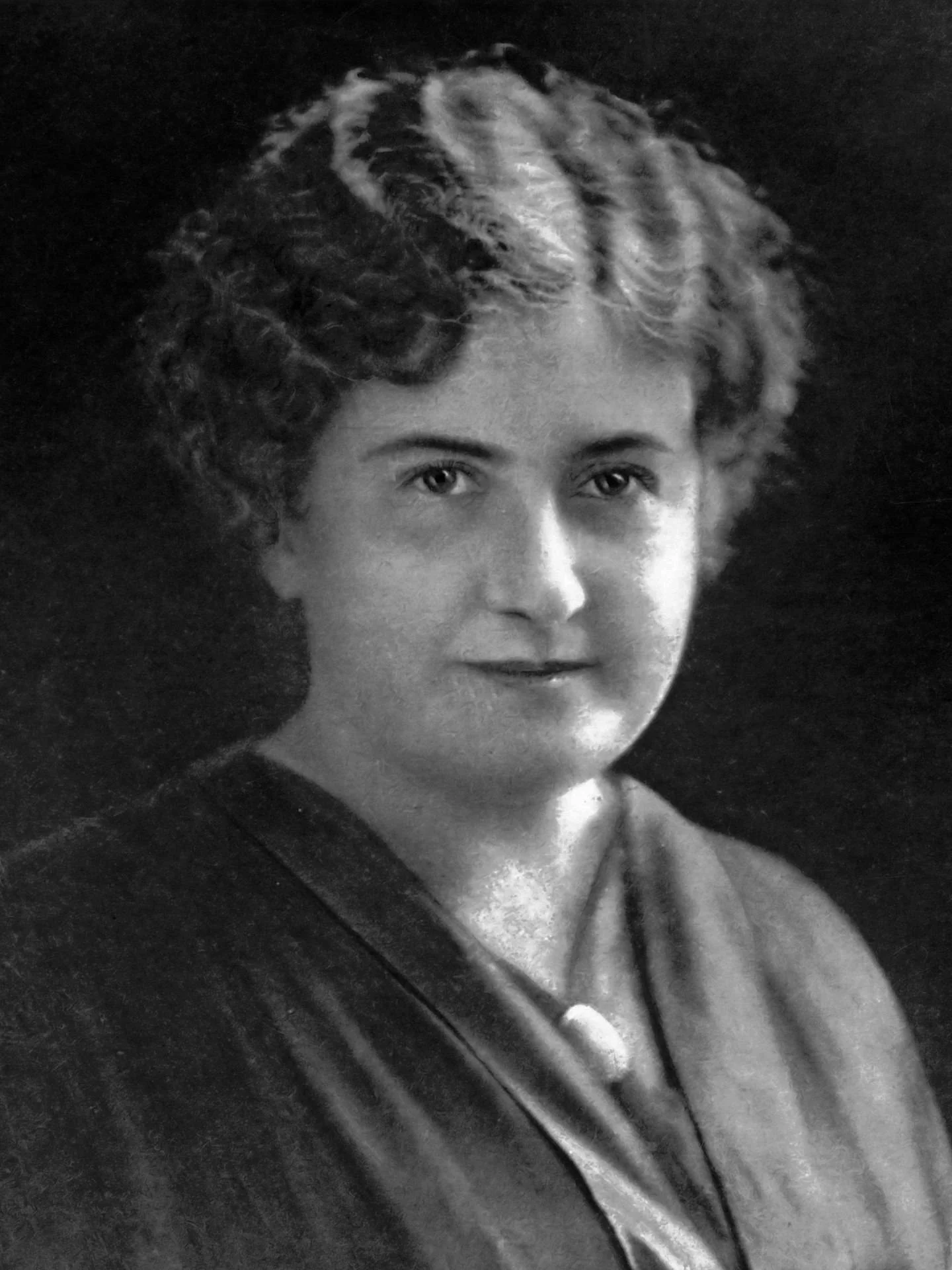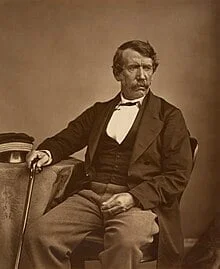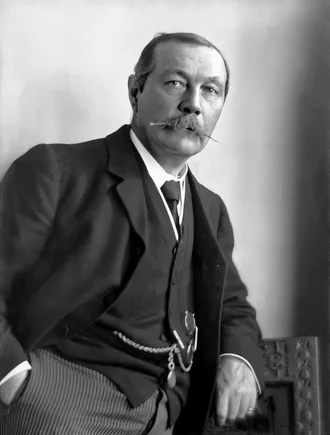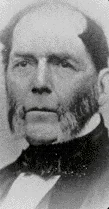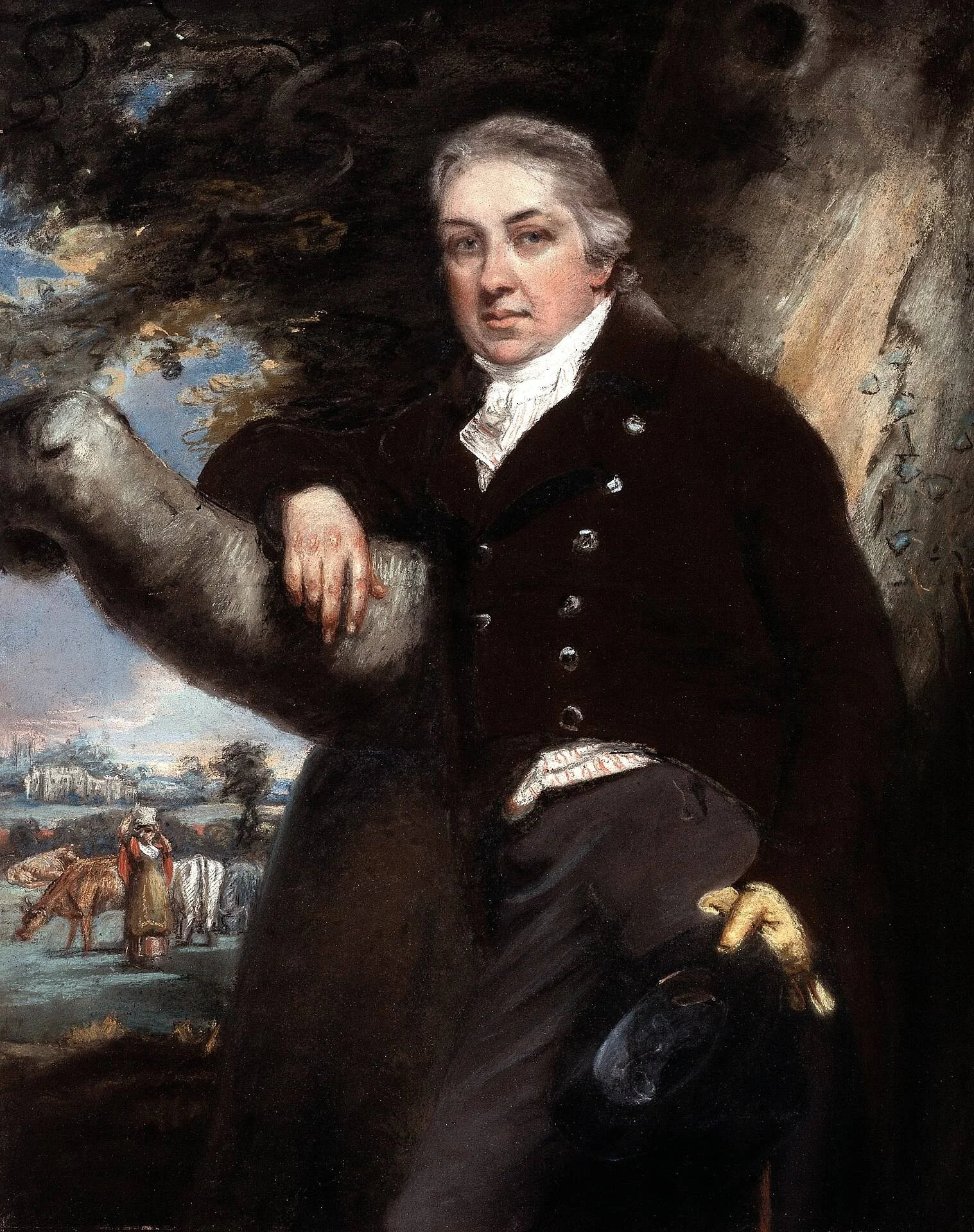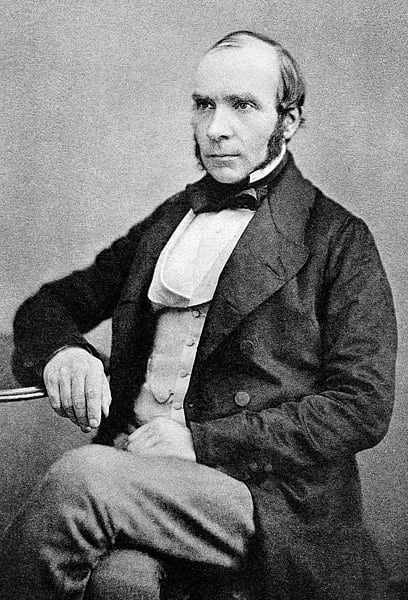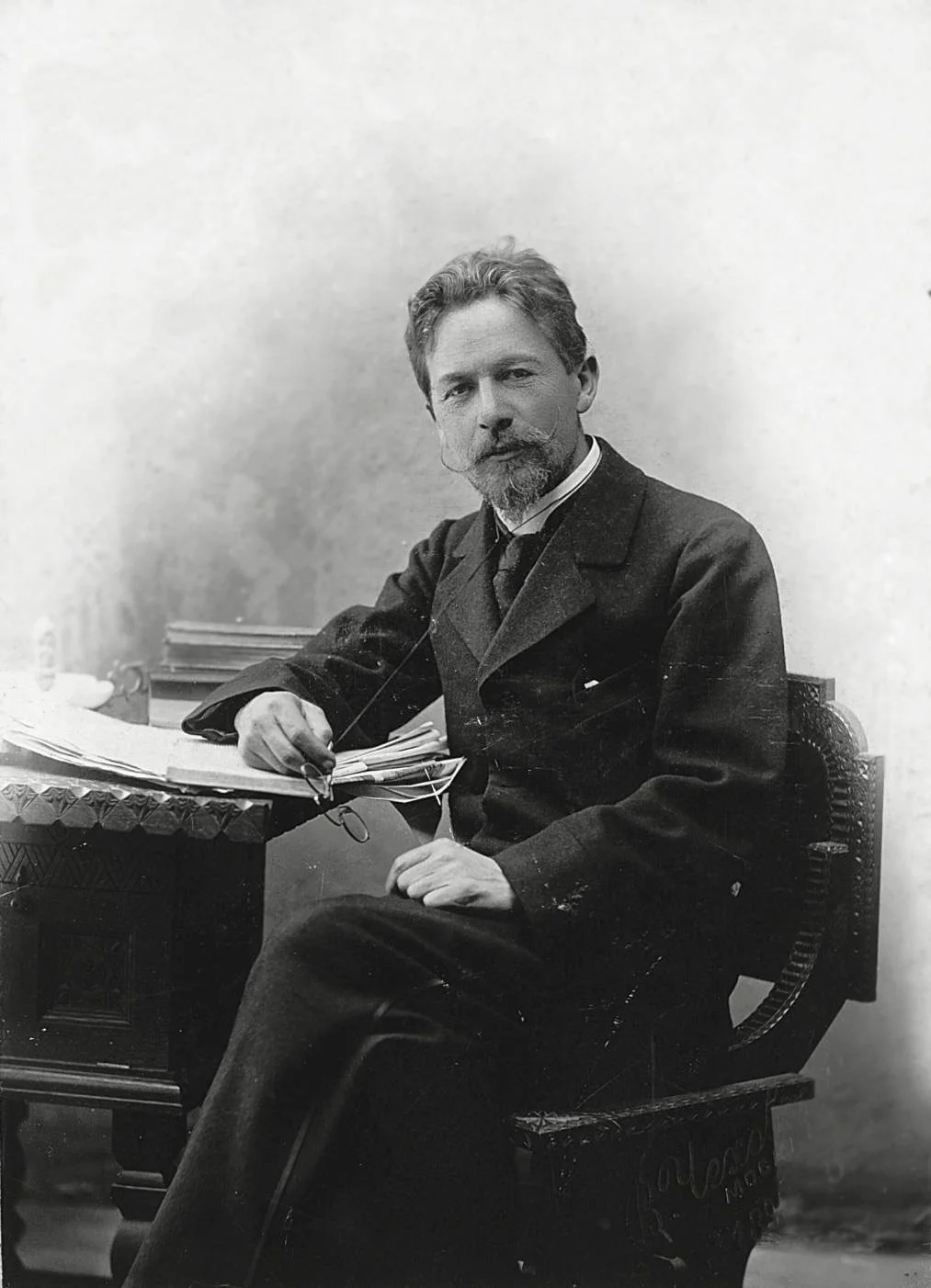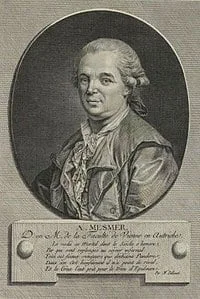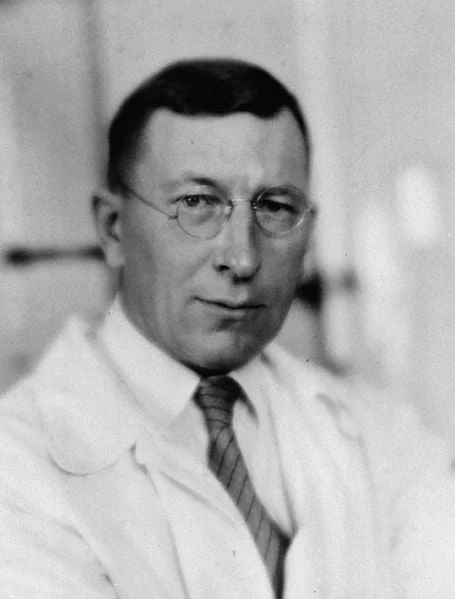Real Celebrities Never Die!
OR
Search For Past Celebrities Whose Birthday You Share
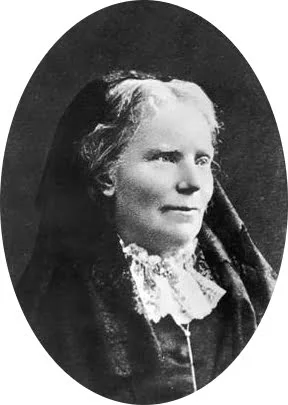
source:wikipedia.org
Elizabeth Blackwell
Birthday:
03 Feb, 1821
Date of Death:
31 May, 1910
Cause of death:
Paralytic Stroke
Nationality:
British, American
Famous As:
Physician
Age at the time of death:
89
Elizabeth Blackwell's Quote's
Early Life and Family Struggles
Elizabeth Blackwell was born on February 3, 1821, in Bristol, England. She would later become a pioneering physician, breaking gender barriers in the 19th century. Her journey from a small town in England to becoming the first woman to receive a medical degree in the United States is a tale of resilience and determination. In 1832, her family immigrated to the U.S. and settled in Cincinnati, Ohio. Growing up in a liberal and intellectual household, Elizabeth was encouraged to pursue education, a rare opportunity for women at that time.
Facing Hardships and Finding Passion for Medicine
Tragedy struck the Blackwell family when Elizabeth’s father, Samuel Blackwell, passed away, leaving them in financial distress. Despite this, Elizabeth and her siblings remained determined to succeed academically. To support her family, Elizabeth taught at a private school in Kentucky. However, her passion for medicine grew stronger after witnessing the death of a close friend and caring for her sick mother. These experiences sparked her desire to pursue a medical career, despite the significant challenges ahead.
Breaking Barriers: Acceptance into Medical School
Elizabeth Blackwell”s ambition to become a doctor faced widespread opposition. Medical schools rejected her solely based on her gender. Yet, her persistence paid off in 1847 when Geneva Medical College in upstate New York accepted her. This made her the first woman admitted to a U.S. medical school. Initially met with resistance from faculty and fellow students, Elizabeth proved herself through hard work and excellence, earning the respect of her peers.
Becoming the First Female Doctor
In 1849, Elizabeth achieved a historic milestone by graduating from medical school, becoming the first woman in the United States to earn a medical degree. This accomplishment not only opened doors for her but also for women in medicine across the country. She had challenged societal norms, proving that women were just as capable in the medical field as men.
Overcoming Professional Challenges
Even with her degree, Elizabeth faced constant discrimination and skepticism in the medical community. Undeterred, she moved forward and founded the New York Infirmary for Indigent Women and Children in 1857. This establishment provided healthcare to the poor and created opportunities for other female physicians to practice medicine, further breaking down barriers for women in the profession.
Elizabeth Blackwell: Reformer and Advocate
Elizabeth’s influence extended far beyond her role as a physician. She became a key figure in public health reform and was an active advocate for women’s rights, including suffrage. She emphasized hygiene, sanitation, and preventive medicine. Her book, *Pioneer Work in Opening the Medical Profession to Women*, outlined her experiences and beliefs, contributing significantly to the evolving discourse on gender equality in the medical field.
Personal Life: Adopting New Roles
In 1851, Elizabeth Blackwell adopted an orphan, Katherine “Kitty” Barry. This decision highlighted her commitment to caregiving in both her professional and personal life. Her unconventional family dynamic further demonstrated her defiance of societal norms, showcasing her progressive views on women’s roles.
Collaborating with Her Sister
Elizabeth’s impact wasn’t limited to her own accomplishments. Her younger sister, Emily Blackwell, also became a pioneering physician. Together, they advanced opportunities for women in medicine, creating a legacy that continues to influence the medical field today.
Legacy of a Trailblazer
Elizabeth Blackwell passed away on May 31, 1910, in Hastings, Sussex, England. Her contributions to medicine and advocacy for women’s rights left a lasting mark on both fields. She laid the foundation for a more inclusive healthcare system and inspired countless women to follow in her footsteps.
Conclusion: A Lasting Inspiration
Elizabeth Blackwell’s life is a testament to determination, resilience, and breaking barriers. From her early days in England to her groundbreaking achievements in the U.S., she left an indelible mark on the medical profession. Her story continues to inspire those striving to challenge societal constraints and redefine possibilities in their chosen fields.
Name:
Elizabeth Blackwell
Popular Name:
Elizabeth Blackwell
Gender:
Female
Cause of Death:
Paralytic Stroke
Spouse:
Place of Birth:
Bristol, England
Place of Death:
Hastings, England
Occupation / Profession:
After receiving her medical degree, Blackwell continued her studies in Europe. She pursued further education in hospitals in London and Paris, gaining international experience that enriched her medical knowledge.
Blackwell’s contributions extended beyond her medical practice. She was an advocate for public health and hygiene, emphasising preventive medicine.
Elizabeth Blackwell faced numerous challenges during her medical studies. Initially, she was rejected by numerous medical schools due to her gender. Geneva Medical College admitted her as a practical joke, thinking it would be amusing to have a woman in their class. However, Blackwell’s serious approach to her studies proved her capabilities.
Recognizing the need for healthcare for indigent women and children, Blackwell co-founded the New York Infirmary for Indigent Women and Children in 1857.
Clara Barton Medal (1909)
Inclusion in the National Women’s Hall of Fame (1973)
The first woman to receive a medical degree in the United States

